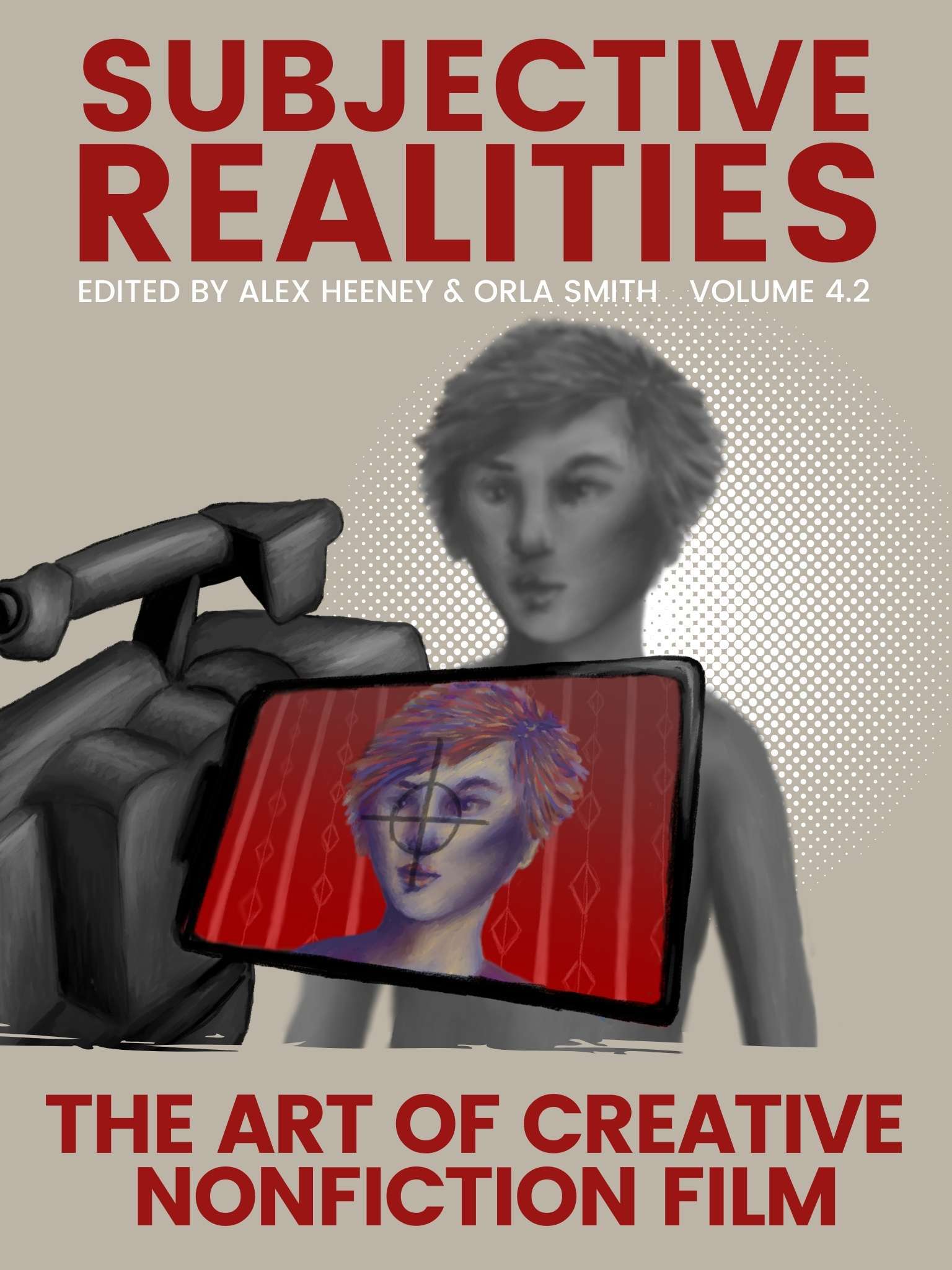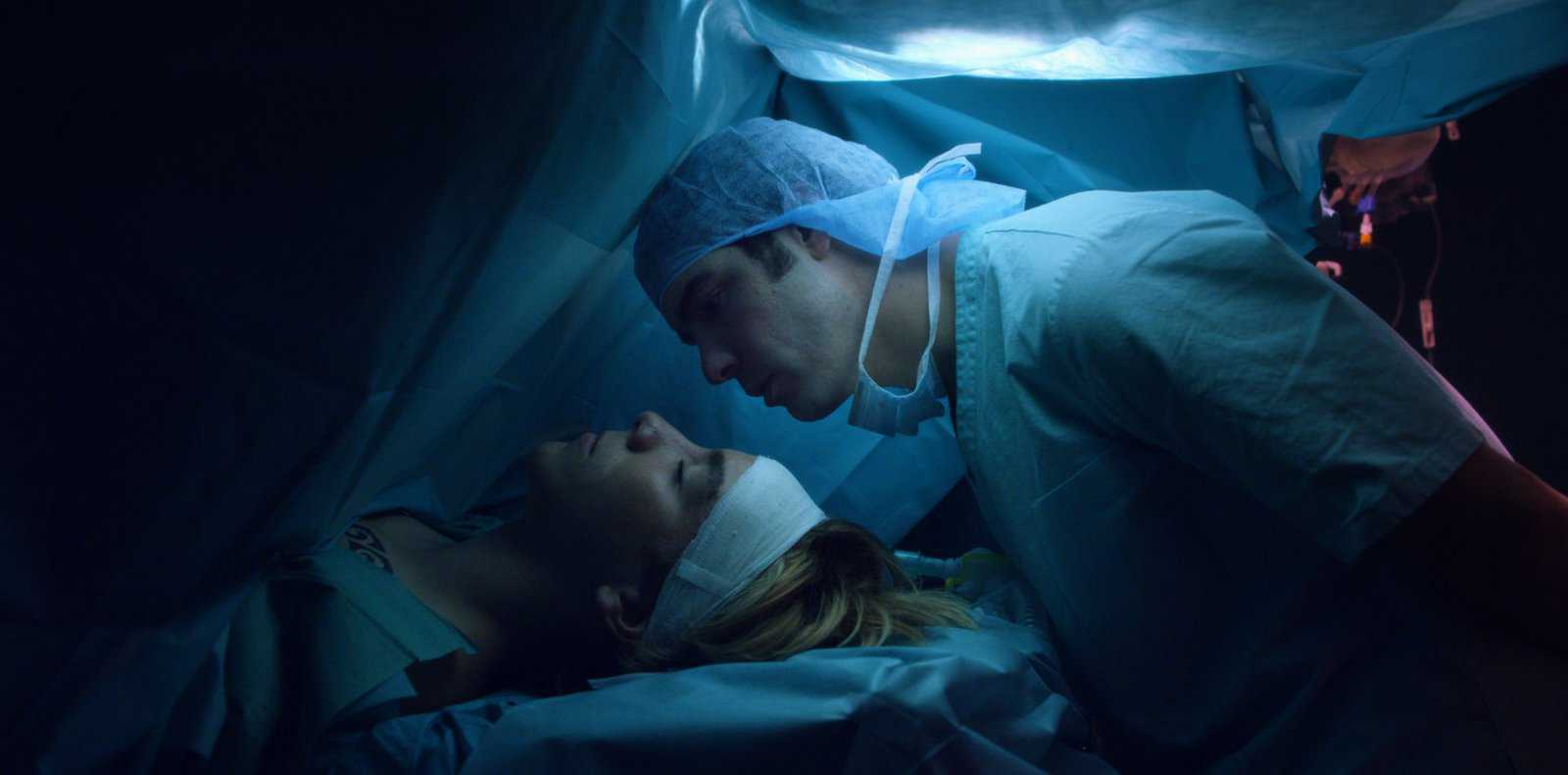Métis/Dene filmmaker and playwright Marie Clements discusses her musical documentary, The Road Forward, which chronicles Canada’s Indigenous Civil Rights Movement.
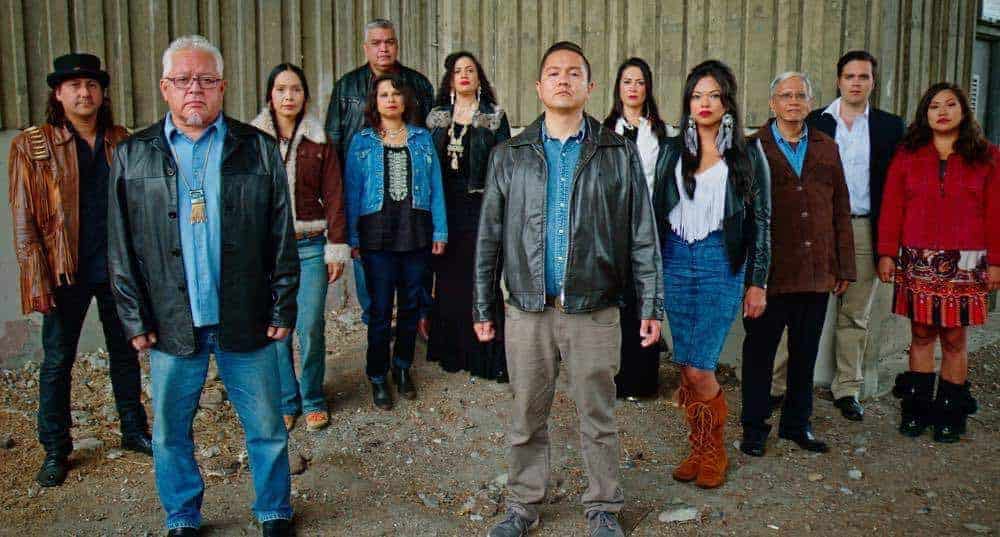
Métis/Dene playwright, lyricist, and filmmaker Marie Clements’s The Road Forward is a genre-bending musical documentary about the Civil Rights Movement in Indigenous history in the territory now known as Canada from the 1950s to present day. Clements focuses on the British Columbian newspaper The Native Voice, which was founded in the 1930s by the Native Brotherhood and Sisterhood Associations. The paper created a platform for Indigenous activism and brought together Indigenous nations across US and Canadian borders to fight for their rights and freedoms.
The film uses archival footage of these Indigenous activists, like George Manuel, but also intersperses reenactments set to music, sung directly to the camera, about the newspaper and its formation. These original songs are by Clements with different leading vocalists in each historical segment, including Shakti Hayes, Ronnie Dean Harris, Jennifer Kreisberg, Cheri Maracle, and Michelle St. John.
I had the pleasure of talking to Clements about this musical documentary, including how it originated from a musical theatre production to become a documentary film produced by the National Film Board.
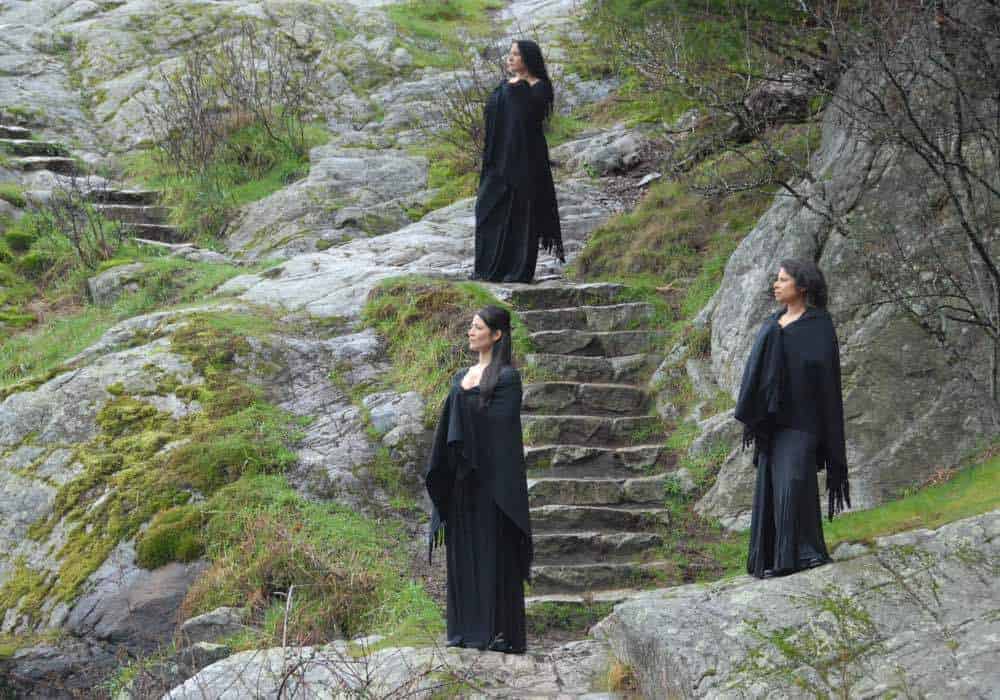
The Seventh Row (7R): I’ve never seen a musical documentary before. How did this project come together, and why did you decide to film it in this musical style?
Marie Clements (MC): Originally, it was a commission for the Cultural Olympiad, back in 2010. They had asked me to create the closing show at the Aboriginal Pavilion. It was only supposed to be 10 minutes, which it [originally] was. In response to that [performance], I was researching BC’s history and [Canada’s] history. I came across the newspaper called The Native Voice, which was formed in the 1930s from an organization called the Native Brotherhood and Sisterhood.
I contacted the Native Fishing Association, which is another organization that looks after The Native Voice, and they allowed me to come in. I had access to close to 70 years of newspapers. I fell in love with this discovery — just being able to read news articles from leading activists and writers, from Canada and the US, [who were] able to unify communities across nations and across borders.
You’re reading headlines, and you’re getting caught by photos and by stories. I began writing lyrics to some of these headlines that I was inspired to go deeper into and composed music to it. It was a decision to weave a story that used words and voice in a modern context.
I worked with Jenn Keisenburg, who is an amazing composer. We collaborated on the first song, The Road Forward. I decided to turn it into a full piece. We had a workshop production in 2013 at the PuSH International Performance Festival, and then we had another premiere of the finished piece in 2015 at PuSH. It evolved from a live performance. We had [created] an hour and a half video score. Once that was finished, a producer from the National Film Board had come to see the live performance. I was pitching them this hybrid documentary that used music to tell the story, with [some of] the leading vocalist in our country.
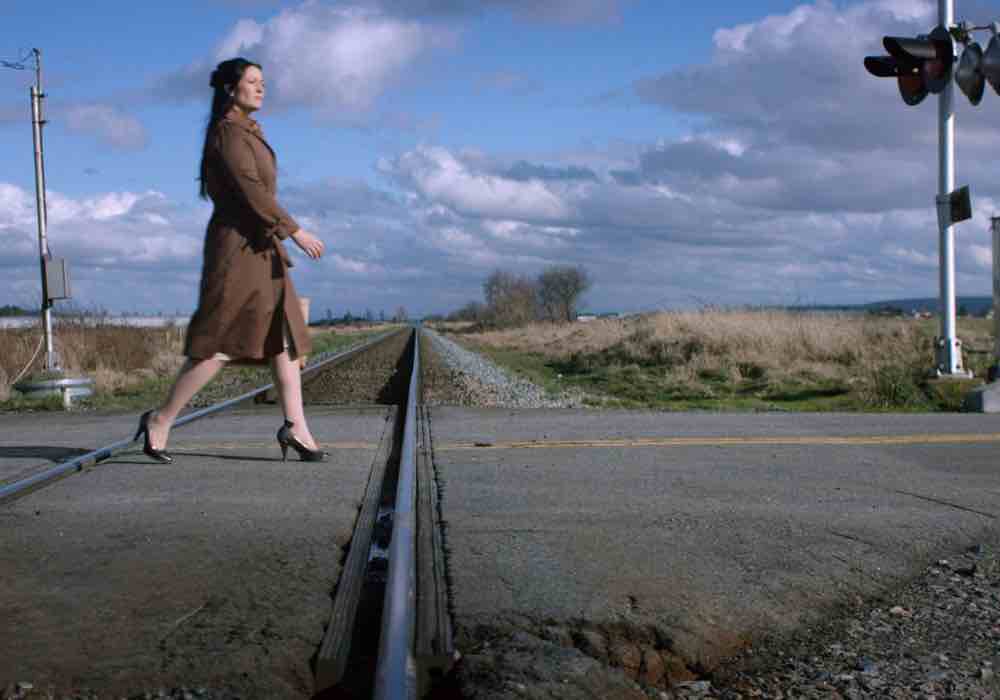
7R: Music was essential for telling your story and as an extension of your language. Why was music such a prominent part of the filmmaking?
MC: Music is a universal language that goes across gender, race, or geography. I wanted to be able to write lyrics and work with composers that could get inside the listener. I think everyone has this experience where we get caught in the rhythm of a song. I wanted to get the listener to emotionally engage. That was more than just a history or archives or it was the emotional connection to an experience.
[clickToTweet tweet=”Everyone has been caught in the rhythm of a song. I wanted to get the listener to emotionally engage.” quote=”Everyone has been caught in the rhythm of a song. I wanted to get the listener to emotionally engage.”]
7R: How collaborative were you with the subjects/musicians in the film in terms of telling the historical stories as well as their own personal stories?
MC: Well I had worked with composers to create the songs. Most of the performers have been with me for a long time, so we’ve collaborated in other shows. You’re always running out of time even before you start, [but] what gave me grace was that we have a great trust towards each other. Our language is built upon years [of collaboration], so they trusted in the vision [of this project] and they committed to it. There’s not one person in the creative team: whether it be the designers or the producers or the performers, you had to give everything.
[clickToTweet tweet=”‘You’re always running out of time even before you start but we have great trust towards each other.'” quote=”You’re always running out of time even before you start but we have great trust towards each other.”]
7R: Are you trying to create a living capsule with this film to highlight your history and the activists?
MC: Yes it was definitely a tribute to these early First Nation people who led the civil rights movement. We’re at a time where we’ve been influenced by what happens in Standing Rock. Understanding that different communities and Nations come together to stand together. We still don’t know all about — it’s a long tradition. This is what First Nations people have always done. Being able [to] understand the history how it unfolded the way it did was such a gift. I do believe that they were giants in what they accomplished. We don’t always understand, [or] know who they were. I think that’s a problem in our history. We don’t always get to know our heroes as First Nations people, which is part of the problem.
[clickToTweet tweet=”‘We don’t always get to know our heroes as First Nations people, which is part of the problem.’ ” quote=”We don’t always get to know our heroes as First Nations people, which is part of the problem.”]
7R: Are the First Nations at the inception of a new movement or what stage do you think we are at?
MC: I don’t want to be overly optimistic, but I do feel a sense that the future is ours that people are grabbing onto it. We’re taking it. So many people had to fight for social things that we are still fighting for, but I think we’re starting to see a benefit of that. The strength of that in a really strong way. To me it’s galvanizing, things are coming together. People are livening up in a way on so many levels: politically, socially, artistically to create change. I don’t think it can happen just one way. It has to happen three to six ways in many ways for us to be totally benefited from that work.
Read the rest of our HotDocs coverage here.
